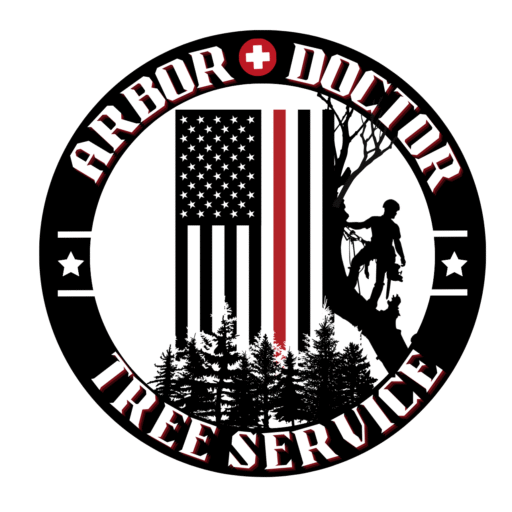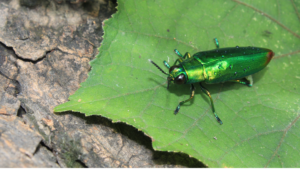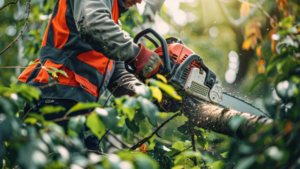Summer Tree Care in Denver: Preparing Your Trees for Fall
The long days and hot temperatures of a Denver summer are starting to fade, but your tree care responsibilities shouldn’t. The end of summer is a critical time for your trees. After withstanding months of heat and potential drought stress, they need your help to recover and prepare for the cooler seasons ahead.
Proactive care now can make all the difference, ensuring your trees enter dormancy strong and healthy, ready to thrive again next spring.
1. Don’t Stop Watering
Many people make the mistake of reducing watering once summer heat subsides. However, Denver’s dry climate means that trees still need consistent moisture well into the fall. This is especially true for newly planted trees.
Continue to give your trees a deep, slow watering every couple of weeks. This helps their roots store the water and nutrients they’ll need to survive the dry, cold winter. Focus the water on the tree’s drip line, which is the outer edge of its canopy, where the most active roots are located.
2. Inspect for Pests and Diseases
Late summer is often when pest and disease damage becomes most visible. Pests like spider mites thrive in hot, dry conditions, and their populations can explode. Signs of their presence include tiny, speckled leaves and fine webbing. Diseases like powdery mildew can also show up, leaving a white, powdery residue on leaves.
More serious threats, like the Emerald Ash Borer or Mountain Pine Beetle, can also be identified by late-summer symptoms such as canopy thinning, bark discoloration, or visible exit holes. A professional inspection by a certified arborist can accurately diagnose these issues and determine the best course of action.
3. Schedule Pruning and Trimming
The end of summer and early fall are excellent times for routine pruning. Removing dead, diseased, or damaged limbs now prepares the tree for dormancy. This reduces the risk of the limbs breaking under the weight of winter snow and ice, which can cause significant damage to your property or home.
Proper pruning by an arborist will also improve the tree’s overall structure and health, allowing it to better store energy for the winter months.
4. Consider Fall Fertilization
After a stressful growing season, a fall fertilization can give your trees a much-needed boost. Deep root fertilization delivers essential nutrients directly to the tree’s root system. This helps replenish nutrient stores that were depleted during the summer, strengthens the tree’s root system, and sets it up for robust growth in the spring.
Your Partner in Tree Care
As the seasons change, remember that your trees still need attention to stay healthy. Taking these steps now will protect your investment and keep your landscape beautiful for years to come.
If you’re unsure about the health of your trees or need help with deep watering, pest control, or pruning, contact us today for a professional assessment. Our certified arborists are here to help your trees thrive in the unique Denver environment. Contact us today or give is a text or call at (720) 298-7279. We look forward to hearing from you!



